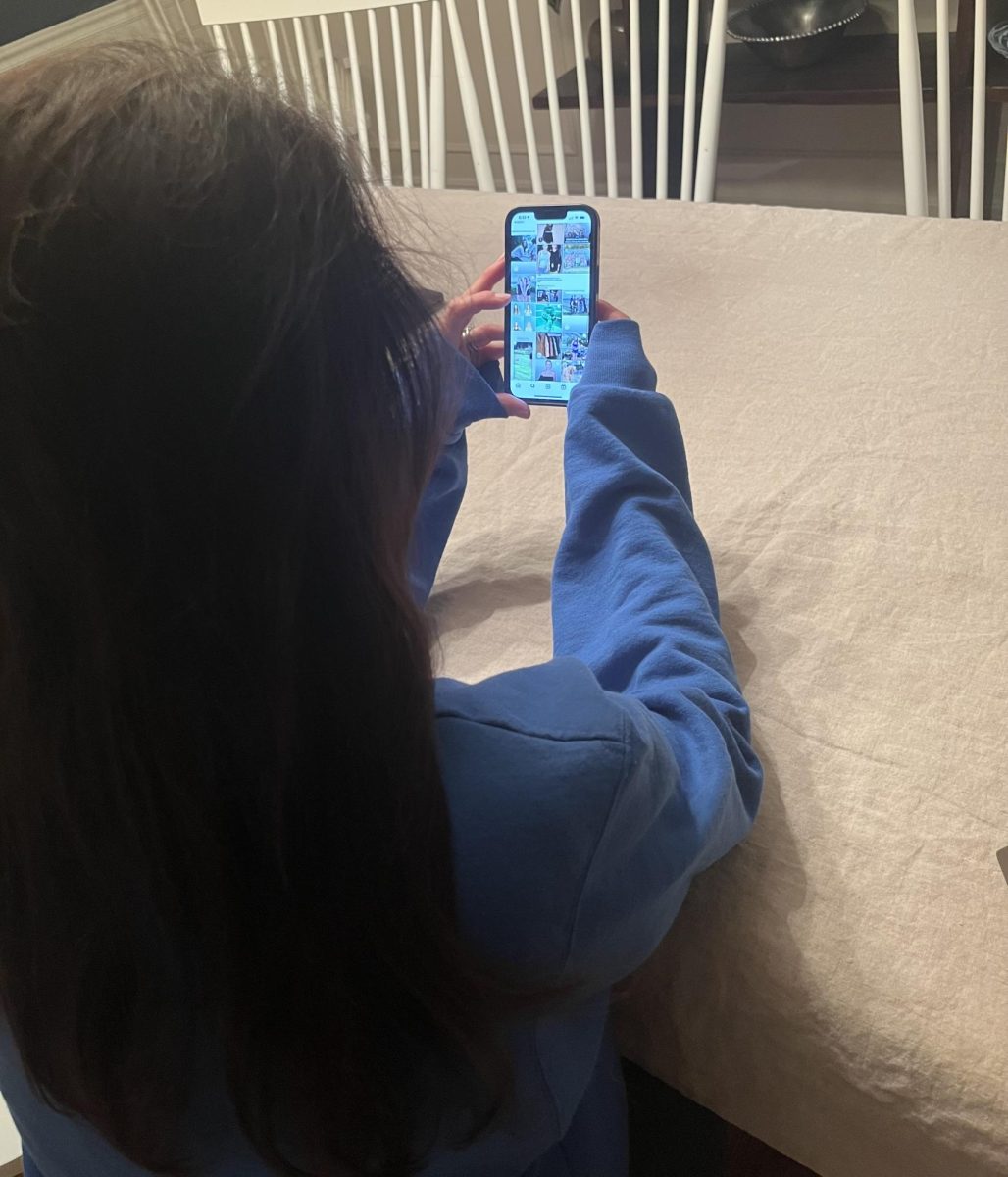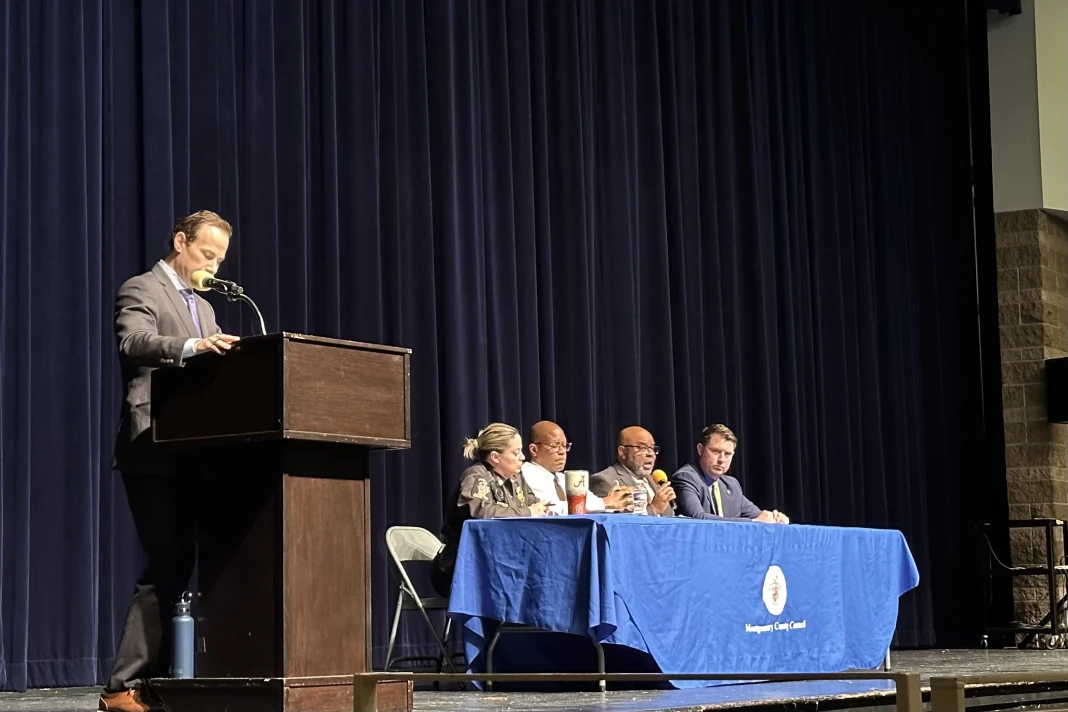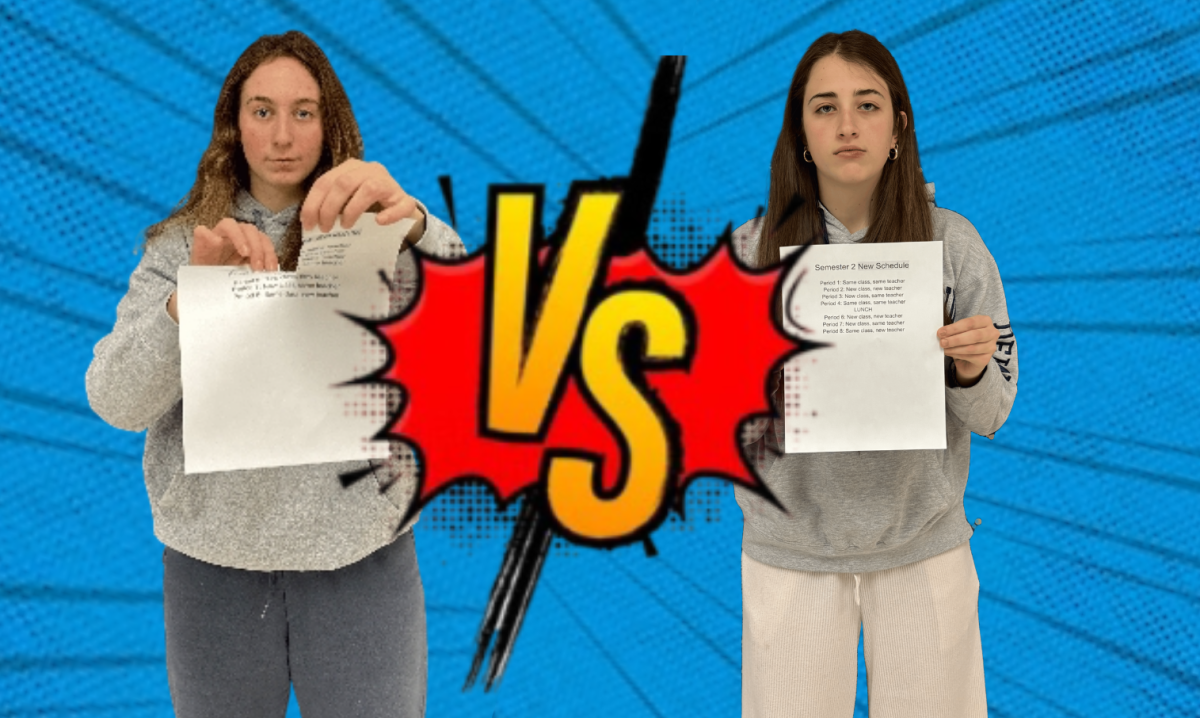View, heart, repost. Three seemingly harmless actions that millions of Americans perform daily. With many current events crowding news outlets, from the Israel-Hamas war to the Russia-Ukraine war, students have taken to social media to share their thoughts (or lack thereof) on these issues. However, teenagers without knowledge about a topic should not post or repost content about real-life controversial issues just to follow a trend.
Some students do an exceptional job of keeping up to date on current affairs and forming opinions based on them. However, others simply bandwagon onto opinions formed by their peers and the media without doing any of their own research. The phenomenon of misinformation is often unavoidable for consumers of media, and when teens take baseless opinions to social media, that problem is only exacerbated.
When dozens of students repost or post content again and again, the viewer becomes desensitized to what they are seeing. Someone scrolling through their Instagram feed may click to view a couple posts about the topic, but the chance of them clicking on 25 different ones is unlikely. When students uneducated on the topic mindlessly post, it takes away from the impact of those who actually care about the issue.
A 2018 study published in “Science” by MIT professors found that falsehoods are 70% more likely to be retweeted on Twitter than the truth, and reach their first 1,500 people six times faster. This is, in short, alarming. Social media has become a significant contributor to the epidemic of misinformation in the U.S., as unreliable information from a few decades ago can instantly be put out to millions nowadays with a few clicks.
When teens don’t fact-check what they are viewing and reposting, they risk becoming a contributor to fake news. They are spreading information that they haven’t personally deemed accurate, ethical or appropriate. Using information on social media should be fact-checked the same way that sources used for school assignments are.
What teens post on social media portrays an image of who they are to the public. If they blindly post about issues they barely know anything about, they risk receiving judgment for a view they did not base on any evidence. They could also potentially contribute to offensive comments and stereotypes without even realizing.
Posting about current events on social media does have its benefits. It can help spread awareness about important topics and unite people based on common opinions. That is why there is nothing wrong with expressing true beliefs online about topics one is passionate about, as long as the argument is truly original and backed by facts. The aforementioned negative effects start coming into play when people are not actually showing their true beliefs, but just hopping onto trends.
Teens who are interested in learning more about current events should be encouraged to do their research if they want to engage in enriching conversations. Educated people have every right to share their beliefs, whether through social media or a different platform. Those who don’t have knowledge about the topic, on the other hand, should refrain from doing so.
Forming original opinions and ideas will alway be more meaningful than piggybacking off those of others. Our country gives its citizens the opportunity to share their opinions and not always agree. When unsupported beliefs are created and posted about, this sacred right is taken for granted.









